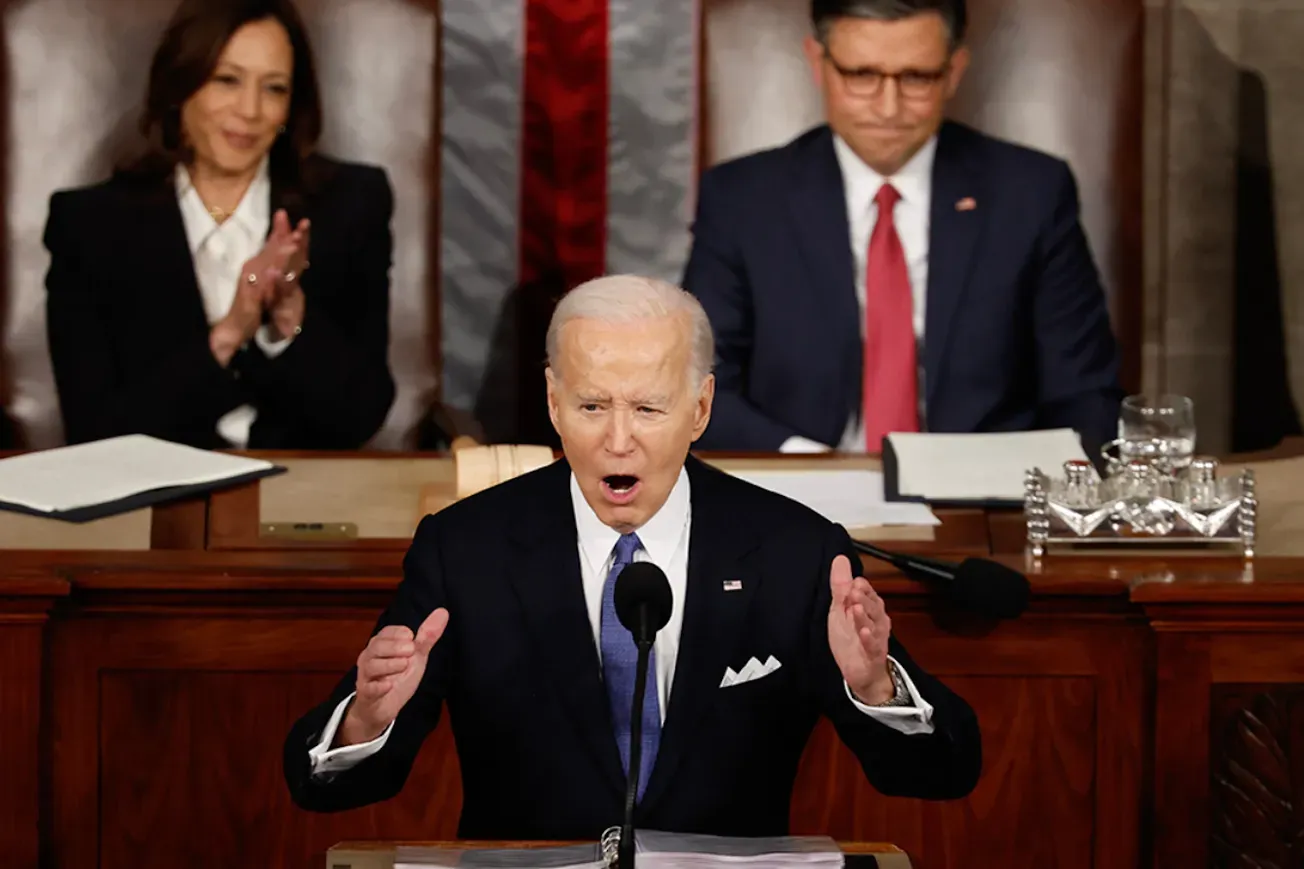As college admissions decisions trickle down for the class of 2026, it is clear that test-optional policies are not working. Institutions have beckoned everyone to apply while turning down most of them or causing hope when a decision is deferred, only to have it all deflate in the end. Judging by the high number of deferrals and pushes to waiting lists, it is becoming clear that colleges are playing havoc on the young minds of students.
For nearly 45 years, getting into college was a relatively straightforward process. First, you submitted your high school GPA, a reliable metric because it measures performance over four years, akin to a long movie. But many of America's school districts, in response to pressure from parents and local leaders, have gone easy on grading policies.
And then, you sent in your SAT/ACT score, a reliable way to measure student performance in a timed, high-stress environment, akin to a snapshot. If your SAT score was below the 25th percentile of a college's prior admit class - all colleges report the 25th and 75th percentile scores to the U.S. Department of Education - you would just not apply.
In October, the ACT reported that for the nearly 1.3 million high school seniors in the 2021 ACT-tested graduating class, the national average Composite score was 20.3, the lowest average score in more than a decade. This is evidence that grade inflation in high schools is a structural problem.









